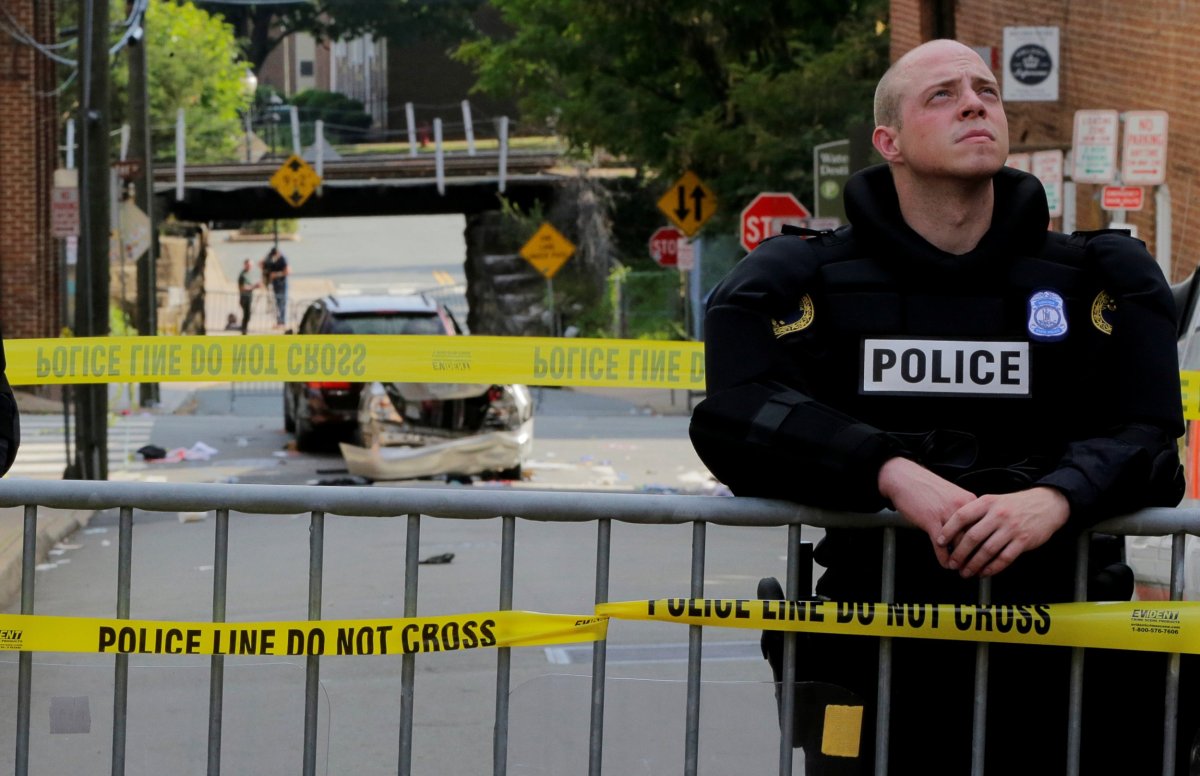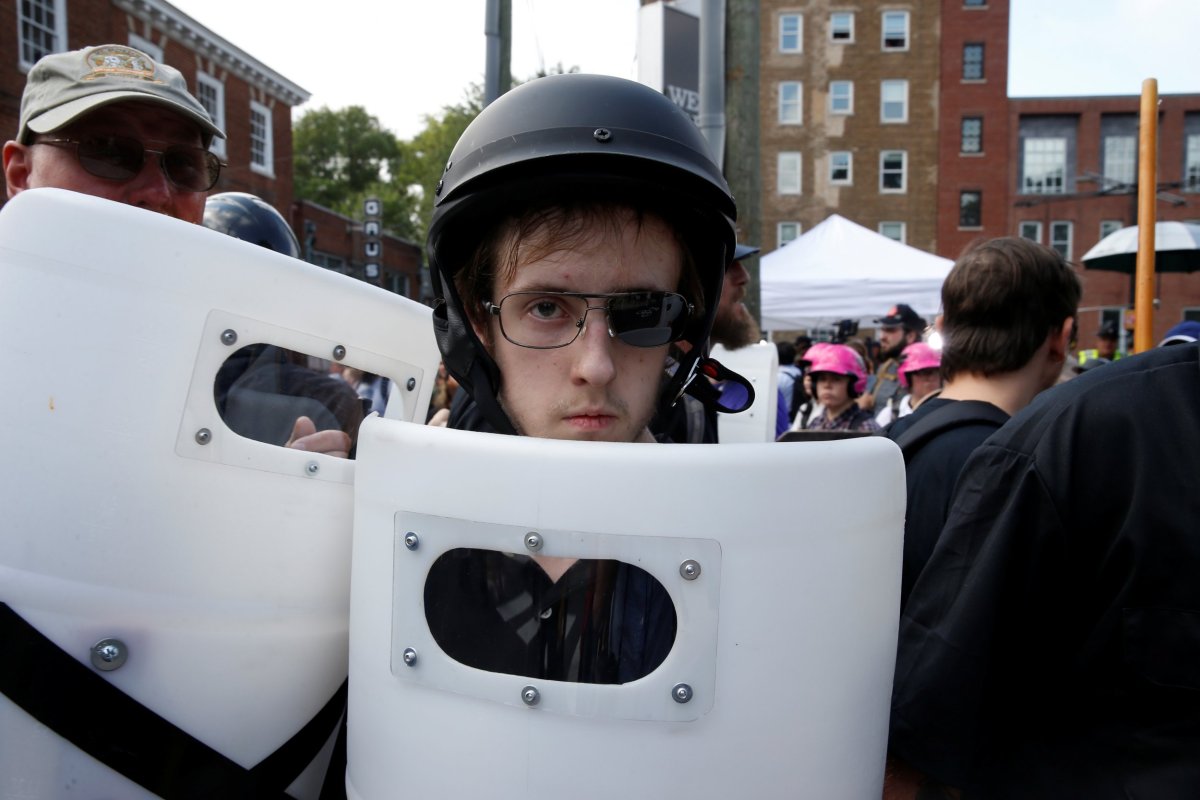Federal prosecutors recently announced charges against three men from rural central Illinois with bombing a Minnesota mosque and attempting to bomb a women's health clinic, but many Americans didn't hear about it due to a paucity of media attention, critics suggest.
The arrests, which were handed out on Tuesday and related to events that took place in 2017, were not the only news items about bombings or planned bombings linked to right-wing extremists that surfaced this week. A white nationalist group discussed detonating an explosive device at a 2016 event in Pennsylvania in an effort to kill protesters, according to a legal brief that was featured in local news reports on Monday. Mark Consiglio, a white supremacist, was also arrested on Monday for what appeared to be a more personal situation—he was allegedly trying to blow up the Delaware home where his estranged wife was staying.

These stories, while different, would likely be given more media attention if they centered on foreign-born perpetrators, according to Cristina López, a senior researcher at Media Matters.
"You don't see it on cable news at all," López tells Newsweek, referring to the story about the men in central Illinois. "The coverage has been very beat specific."
López referenced a 2017 report in The Washington Post that demonstrated the degree to which news coverage of terrorism overwhelmingly focuses on foreign-born Muslims, even though they are involved in a much smaller fraction of cases. The data in the report was collected between 2011 and 2015, before Donald Trump's populist campaign triggered a heightened degree of media scrutiny around the young white supremacists of the alt-right movement. But that increased scrutiny still hasn't translated into the kind of sober analysis typically given to Islamic extremists, López tells Newsweek.
Mark Pitcavage, a historian and researcher with the Anti-Defamation League's Center on Extremism, tells Newsweek that only one of the stories linked to the far-right this week was "really terrorism," referring to the arrests made in Illinois, but that the story is still concerning.

The men bombed the Dar Al-Farooq Islamic Center in Bloomington, Minnesota, on August 5, 2017, according to a statement from the U.S. attorney's office in Springfield, Illinois. No one was injured or killed in the incident, but the men attempted another bombing of the Women's Health Practice in Champaign, Illinois on November 7, 2017, the statement said. Court documents suggest that the men were attracted to an anti-government ideology. Pitcavage says that it's rare and significant for a group to succeed in carrying out an attack and then be able to attempt another one.
He tells Newsweek that the media started paying less attention to the threat of right-wing violence following the events of 9/11 and that the situation hasn't really changed due to a number of factors. Islamic terror attacks frequently take place in major media centers like New York City, for example, but the plotters in Illinois were situated in a place where there's "not even a lot of local media to cover it," he says. He also notes that both the Illinois terrorists and the discussion of terror that took place in Pennsylvania were events that happened in the recent past, but became public knowledge only recently, undercutting the feeling of urgency that might otherwise surround them.
"It has not gotten the media attention I hoped it would," Pitcavage says, regarding the Illinois-based terrorists. "There's been an increased interest in the alt-right but a continued ignorance of anti-government extremists."
López says that even with stories regarding the alt-right, media coverage often downplays the potential danger involved.
"You hear about 'red-pilling' but it isn't treated like radicalization," López says, referring to an alt-right expression that pertains to the recruitment of young men to white nationalist politics through internet propaganda. But yet "the mainstream media has devoted a lot of coverage to the radicalization of Muslim men."
Maya Berry, the Executive Director of the Arab American Institute, a rights group, tells Newsweek that she believes that the difference in media coverage between far-right extremism and Islamic extremism carries over to discussions in our political sphere. She argues that politicians too frequently frame the discussion of extremism in one-way: "Jihadi versus non-Jihadi."
"I don't understand why we continue to fixate on this idea that terror only comes from one particular community," Berry says.
Uncommon Knowledge
Newsweek is committed to challenging conventional wisdom and finding connections in the search for common ground.
Newsweek is committed to challenging conventional wisdom and finding connections in the search for common ground.
About the writer
Prior to joining Newsweek as a politics writer, Michael wrote crime features for VICE, served as a special correspondent during the Nepal ... Read more
To read how Newsweek uses AI as a newsroom tool, Click here.








